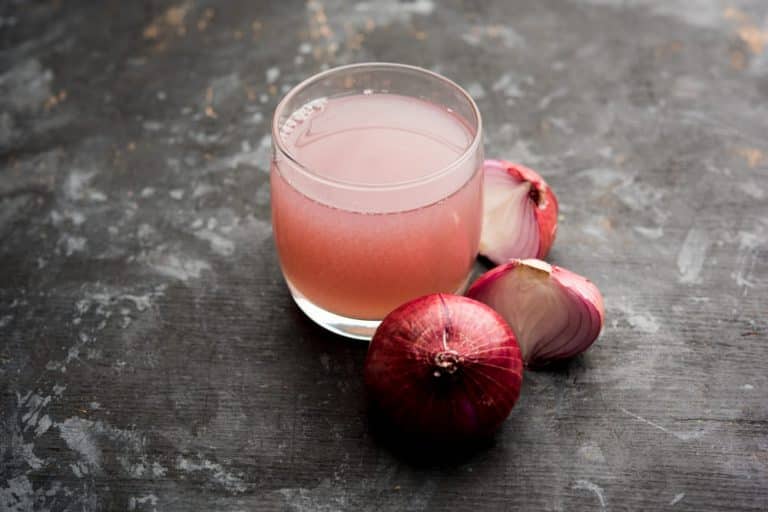Are you cooking a recipe and out of onions? It has happen to me many times. These are my preferred methods of The Best Onion Substitutes.
We love cooking with fresh raw onion. The onion juice gives the recipe so much flavor so it is a must with pretty much anything we are cooking. We use in our taco meat to our stir fries.
This root vegetable comes in many different colors and all provide specific flavoring to your meal. There are different types of onions which include the yellow onion, white onion, sweet onion, and a red onion. It is paired well with garlic and scallions.
Some meals you must use fresh cooked onion as a substitute but most you can use a dry version. There is also an option of using onion salt or garlic powder.

Why would you want to substitute onions?
There are multiple reason why people do not use fresh onions in their meals. Some people do not want to mess with cutting them a knife or have the smell on their breath. Some people are even allergic to onions.
To help with getting the smell off your hands after cutting the onion, is to wash your hands with cold salt water, rinse then washing with warm soapy water.
If you do not like the aftertaste of onions on your breath, try eating an apple. This helps minimize the odor that the onion gives.
How many cups is 1 onion chopped?
To help with what to buy at the store when your recipe calls for 1 cup of chopped onion. Here is a helpful ratio:
- 1 Medium Onion – About 1 cup chopped
- 1 Large Onion – About 1 ½ cup – 2 cups chopped
Onion Juice: The Secret to Healthy Hair
FAQ
Can I use onion powder instead of onion juice?
How much onion powder to substitute for one onion?
Is onion powder a good substitute for onion juice?
As onion powder comes from dehydrated flakes of onion, it may upset the stomachs of those who have a hard time digesting the meat of the onion. Therefore, onion juice may be a substitution that helps avoid digestion issues as it is just the liquid that comes from the onion.
Are onions good for health? What is the substitute of onion?
Onions belong to the Lily family of plants and are related to garlic, scallions, leeks, and chives. Any of these can serve as a substitutes for onions. Common types of onions include yellow, white, and red; each differing subtly in flavour. Onions are associated with a wide range of health benefits. Onions contain fiber, which helps with feelings of fullness and satiety and helps lower the risk of heart disease and diabetes. Onions are also rich in quercetin, which is a potent antioxidant flavonoid also found in apples and berries. Quercetin is associated with reduced risk of coronary heart disease and stroke. The vitamins, minerals, antioxidants, and additional non-nutritive plant compounds in onions can improve our overall health and reduce the risk of age-related diseases.
What can I substitute for onion?
You can substitute 1 cup of onion with 1 cup of shallots or leeks, or you can use 1 cup of finely chopped scallions (green onions) along with a small amount of garlic or onion powder to mimic the flavor of onion in your recipe. Each option will provide a similar onion-like taste and can be used in various savory dishes.
What can I substitute for onion If I have an allergy?
As mentioned, the “non-onion” substitutes are likely the best option if you have an allergy. Since a recipe that calls for “onion” is most often referring to the common yellow onion, these are your options if you need a replacement for this ingredient.
